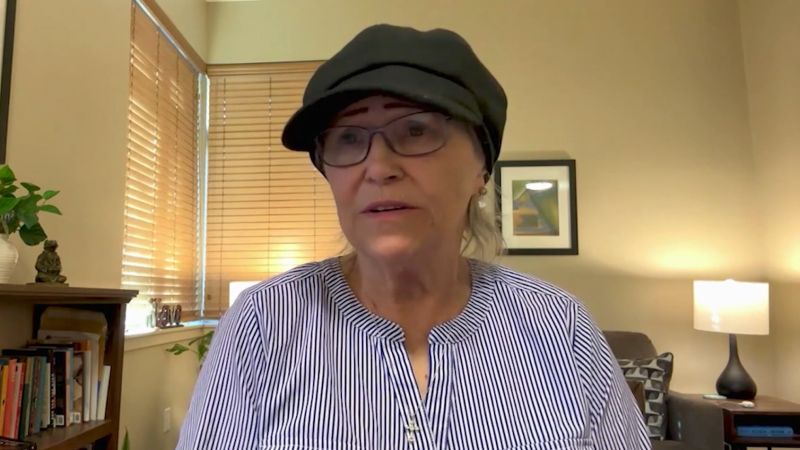Defiant Jan. 6 Rioter Rejects Trump's Pardon: 'No Thanks' to Presidential Clemency

In a surprising turn of events, Pam Hemphill, a former January 6th Capitol riot participant who completed a two-month federal prison sentence, has publicly declined a potential presidential pardon from Donald Trump.
Hemphill's decision reflects a complex personal stance that goes beyond simple legal maneuvering. Despite her involvement in the controversial events at the U.S. Capitol, she appears determined to take full responsibility for her actions and move forward without seeking special treatment.
Her rejection of a potential pardon suggests a desire for personal accountability and a wish to move past the tumultuous events of January 6th. By refusing Trump's potential clemency, Hemphill seems to be signaling her commitment to facing the consequences of her choices and rebuilding her life on her own terms.
The decision highlights the ongoing personal and legal challenges faced by participants in the Capitol riot, demonstrating that the aftermath continues to be a deeply personal journey for those involved.
While the specifics of her reasoning remain personal, Hemphill's stance offers a nuanced perspective on accountability and redemption in the wake of a deeply divisive moment in American political history.

